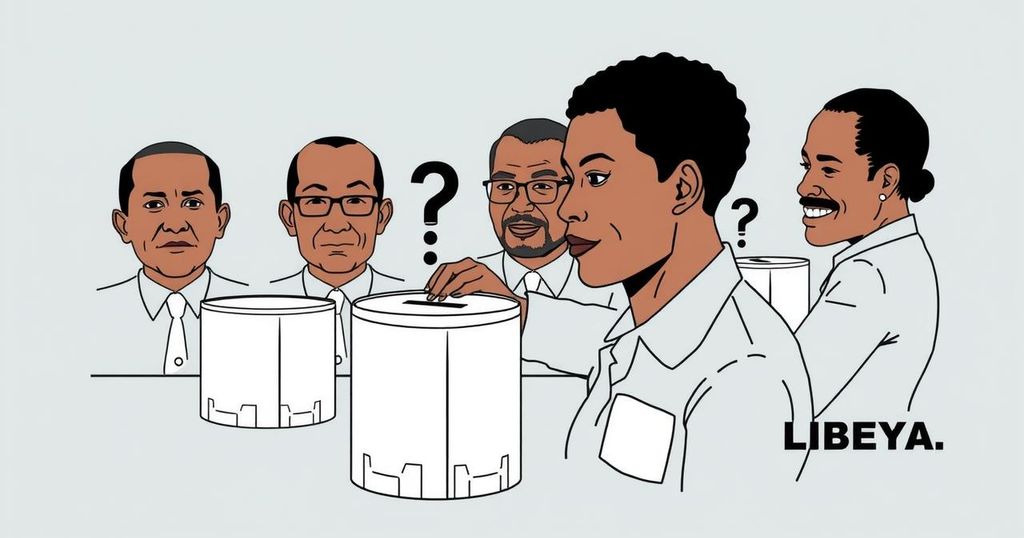The United Nations has unveiled a plan to help stabilize Libya through organizing elections and reforming its institutions. UN envoy Stephanie Koury emphasized the need for unity in overcoming political deadlock and restoring institutional legitimacy. Libya’s ambassador criticized the lack of a clear vision for progress, pointing to successful local elections as evidence that political will is essential for national voting. The UN aims to facilitate dialogues for Libya’s unified future despite ongoing economic and political challenges.
The United Nations has proposed a comprehensive plan to stabilize Libya by organizing elections, unifying the existing competing governments, and reforming institutional frameworks. UN envoy to Libya, Stephanie Koury, presented this initiative to the Security Council, aiming to address the ongoing political stalemate since the 2011 uprising that ousted dictator Moamer Kadhafi. Libya, with a population of 6.8 million, remains fragmented between the UN-backed government in Tripoli and a rival administration supported by military leader Khalifa Haftar in the east. Koury emphasized the need for an inclusive political initiative to overcome the current deadlock and restore legitimacy to Libya’s political institutions. The plan entails establishing an advisory committee to tackle electoral issues and facilitate the arrangements for general elections, though specific dates for these elections have yet to be disclosed. Libya’s representative to the United Nations, Ambassador Taher al-Sonni, expressed dissatisfaction with the situation, stating that mere acknowledgment of the stalemate without a clear action plan does a disservice to the Libyan populace. He noted that successful local elections indicate that the barriers to conducting national elections lie more in political disagreements than logistical challenges. Although a UN-brokered agreement was reached in Geneva to promote national elections, these elections have been delayed indefinitely, primarily due to disputes over the legal framework guiding the process. Koury reiterated that despite facing economic difficulties and external interference, Libya harbors the potential to become a stabilizing force in the Mediterranean region. Furthermore, the UN plans to facilitate a dialogue that reflects a unified national vision for Libya’s future.
Since the fall of Moamer Kadhafi in 2011, Libya has been in a state of turmoil, grappling with civil conflict and political fragmentation. The country has been split between a government recognized by the United Nations in Tripoli and an opposing administration in the eastern part led by Khalifa Haftar. Past attempts to hold national elections, including a planned vote in December 2021, have failed due to unresolved disputes regarding the electoral process and regulations. The UN has aimed to mediate discussions and create a framework for peace and stability within Libya.
In conclusion, the United Nations’ recent proposal seeks to revitalize Libya’s political landscape by fostering elections and unifying rival governments. While challenges remain due to political divisions and outdated electoral frameworks, there is hope that the establishment of an advisory committee will pave the way for a successful national vote. It’s critical, however, that effective dialogue and a clear roadmap are developed to ensure that the will of the Libyan people is ultimately upheld.
Original Source: www.al-monitor.com






